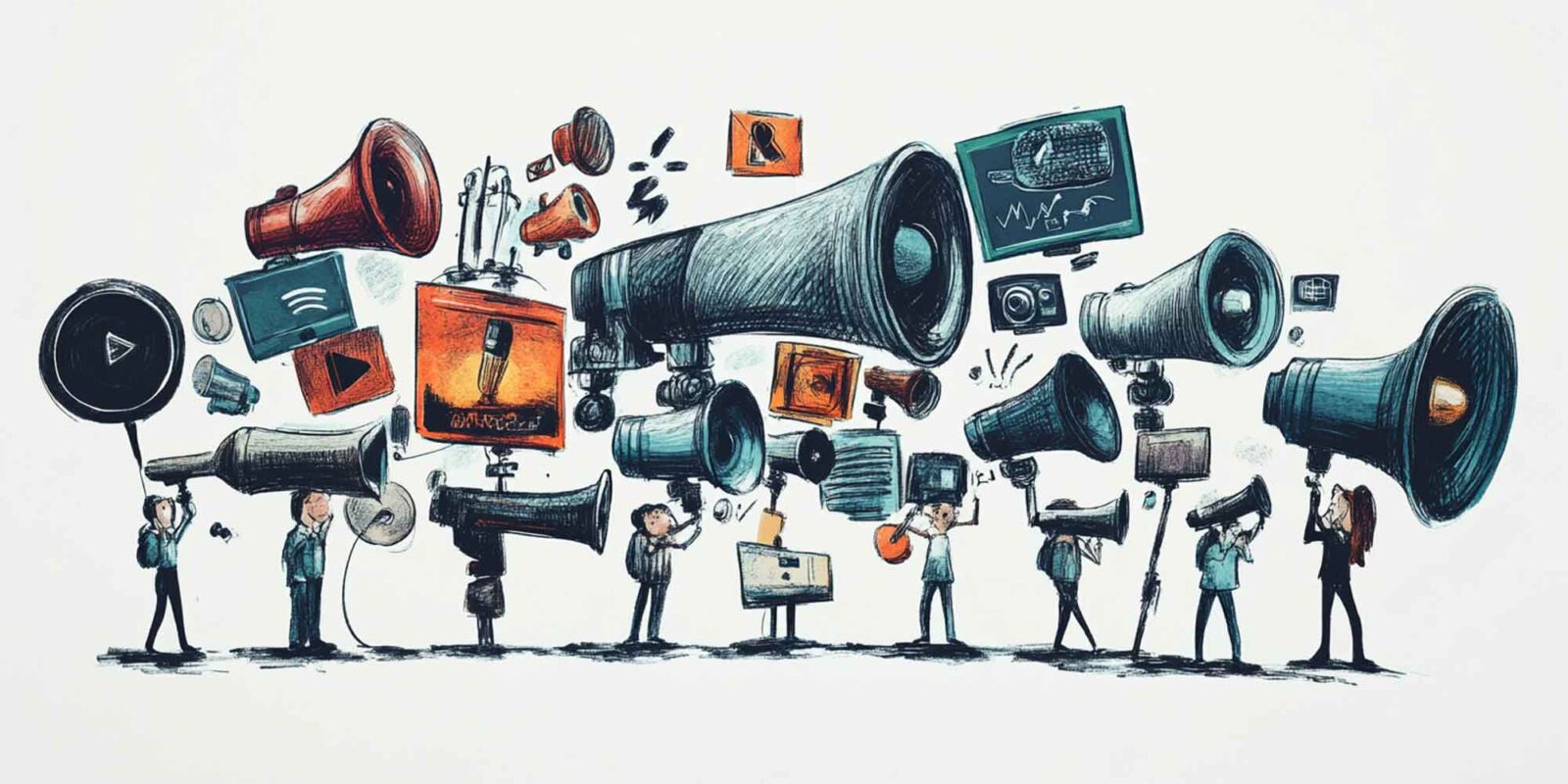Introduction
Owned media is one of three types of media that include owned, paid and earned media. It includes company-owned channels such as websites, blogs, email newsletters, and social media platforms. These channels allow businesses to control their messaging, build strong relationships with their audiences, and stand out from competitors. In this article, we’ll take an in-depth look at owned media, exploring its key benefits, potential applications, challenges, limitations, and future prospects.
Definition and Components
Owned media refers to marketing channels over which a company has complete control. These platforms include:
- Websites
- Blogs
- Email newsletters
- Social media accounts
The key advantage of this type of media is the ability to create and share content directly with the audience without the restrictions that come with paid and earned media.
Types of Owned Media
Owned media content is diverse and can be tailored to fit the specific needs and strategies of a business. Common types include:
- Articles and blog posts
- Videos and podcasts
- Email newsletters and marketing campaigns
- Infographics and ebooks
- Social media updates
Its Role in Shaping Brand Perception and Strategy
This type of media plays a vital role in shaping a brand’s perception. By creating consistent and strategic content, businesses can build a strong brand identity that resonates with their target audience. This controlled environment allows companies to communicate their values, showcase their expertise, and directly engage with their audience, resulting in a cohesive strategy that supports overall marketing objectives and strengthens brand perception.
Examples of Owned Media Channels and How They’re Used
Websites
Websites serve as the central hub for a business. They offer a comprehensive platform for everything a customer might need – from product details and company history to customer service resources. Importantly, they support e-commerce, enabling businesses to sell directly to their customers.
Blogs
Blogs are versatile tools that allow businesses to share industry insights, company news, and thought leadership pieces. They’re also excellent for enhancing SEO, boosting organic traffic, and engaging deeply with the audience.
Email Marketing
Email marketing provides a direct line of communication with customers. It’s useful for promotions, managing customer relationships, and storytelling. Newsletters, in particular, keep the audience informed and help nurture long-term relationships.
Social Media Accounts
Social media offers real-time engagement opportunities. Platforms like Facebook, Instagram, Twitter, and LinkedIn enable businesses to share updates, run marketing campaigns, and have direct interactions with their audience.
Podcasts
Podcasts are becoming increasingly popular. They provide an intimate way to reach audiences, sharing in-depth discussions on relevant topics, business updates, and featuring guest speakers for added variety.
Snail Mail
Even in today’s online-focused world, traditional mail has its place. Tangible newsletters, catalogs, and direct mail campaigns can offer a personal touch that online channels might miss.
Webinars
Webinars provide an interactive platform for engaging with your audience. They can be used for educational purposes, product demonstrations, and establishing authority in a particular field.
Business Profiles
Platforms like Google My Business and Yelp help manage a business’s online reputation. They offer essential information to potential customers, helping to shape their perception and decision-making process.
Importance for Businesses
Owned media is essential for establishing a direct line of communication with the audience. It provides a platform for businesses to tell their story, share its values, and offer unfiltered messaging. This connection helps build genuine relationships with the audience, although real trust is built with third-party earned media as part of the mix too.
Building a Brand’s Reputation
By consistently producing quality content, businesses can position themselves as leaders in their industry. Owned media channels allow companies to showcase their expertise, share customer success stories, and maintain transparency, all of which contribute to a positive brand image.
Total Control of the Brand Narrative Through Owned Media Channels
One of the most significant advantages of owned media is the total control it offers over brand messaging. Unlike paid or earned media, where the narrative can be altered or misrepresented, owned media allows businesses to preserve the integrity of their communications.
Integration with Other Marketing Strategies
Supporting Paid and Earned Media Efforts with Owned Media
Owned media plays a pivotal role in a well-rounded marketing strategy. It supports paid and earned media efforts by offering a foundation for consistent messaging and providing additional resources. For example, a well-maintained blog can enhance the impact of an earned media appearance by delving deeper into the topic discussed.
Driving Conversions and Sales
Owned media channels act as powerful sales tools that drive conversions. By disseminating valuable content that guides the customer journey, businesses can nurture leads, build trust, and encourage action. For instance, a personalized email marketing campaign can significantly increase conversion rates.
Measuring the Effectiveness of Owned Media Strategies
To measure the effectiveness of owned media, businesses need to track various metrics such as website traffic, social media engagement, email open rates, and conversion rates. Tools like Google Analytics and social media insights are invaluable in this regard, as they help businesses gauge the impact of their content and refine their strategies.
Wrapping Up
Owned media is a powerful tool for controlling brand messaging, building reputation, and driving conversions. Its value lies in providing a direct and unfiltered communication channel with the audience. Businesses should invest time and resources in developing and optimizing their owned media channels. The long-term benefits include brand loyalty, an improved online reputation, and increased conversions.
Don’t wait to take control of your brand narrative. Start mastering the power of owned media today and watch your business reap the rewards of a well-executed owned media strategy. By building trust, engaging with your audience, and delivering valuable content, you can establish a strong presence that drives business growth. Your brand’s future is in your hands—act now to make the most of your owned media channels.
Tags: Reputation Management.















